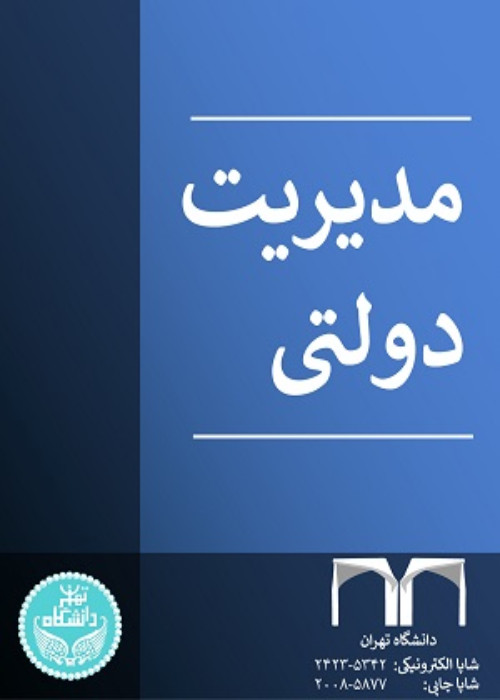A Comparative Study of Audiovisual Governance Frameworks in Russia, Turkey and South Korea
Author(s):
Article Type:
Research/Original Article (دارای رتبه معتبر)
Abstract:
Objective
Each country has a different model of media governance based on its political structure. In the early days of radio and television, these media were typically controlled by the state due to high production and distribution costs. Private actors were limited to a few capitalists in each country. However, media technological convergence has changed the landscape, allowing new and small players to enter the industry at a low cost. Even strict regulations have become ineffective against user-oriented content production sites such as YouTube. Therefore, studying different countries' media governance models and experiences, regardless of their press systems, can help in developing new models for other countries.Methods
This research employed a comparative research approach. Data collection was conducted using the documentary method. Based on a media governance framework, this study examined the inclusive audiovisual governance models of three countries: Russia in Eurasia, Turkey in the Middle East, and South Korea in East Asia. These countries were selected due to their development efforts in the field of media, especially audiovisual media. The main components of this framework were the governance mode, institutions, geographic level of policymaking, stakeholders, regulatory mechanisms, and policymaking results. This framework is advantageous as it considers the country's political system and governance within the framework.Results
The findings indicate that most countries traditionally employed a top-down governance model in this field but have recently started shifting towards participatory governance models. The economic system plays a crucial role in the media governance model, and considering the costs involved in the media industry and the decrease in government control, the market has assumed a key role. It is important to note that just as the political system can threaten media pluralism, the market can also undermine it. Governments have recognized the convergence of media and have established formal regulatory institutions to ensure effective governance in this context. The political power of countries, both internally and externally, influences the role of the government in media governance. Countries like Russia, with significant internal and external political power, minimize the likelihood of transnational interventions in media governance. However, governments like Turkey, which seek membership in organizations like the European Union, must adhere to transnational regulations. Nevertheless, it should be acknowledged that in today's global society, the absence of transnational interventions is no longer feasible. Additionally, the analysis of these countries reveals that governments are hesitant to delegate media regulation authority to their federal sub-communities, considering it a matter of national jurisdiction.Conclusion
The comparative study highlights the importance of considering the regional level and a centralized regulatory system in the framework for media governance and audiovisual governance differences. Furthermore, the stakeholders of the governance framework should include the market, users, and social and cultural systems. Based on the experiences of other countries, regulatory convergence is beneficial for Iran, and a shift towards co-regulation and self-regulation is recommended.Keywords:
Governance , Media , Comparative Study , Russia , Turkey , South Korea
Language:
Persian
Published:
Quarterly Journal Public Administration, Volume:15 Issue: 54, 2023
Pages:
258 to 292
magiran.com/p2632620
دانلود و مطالعه متن این مقاله با یکی از روشهای زیر امکان پذیر است:
اشتراک شخصی
با عضویت و پرداخت آنلاین حق اشتراک یکساله به مبلغ 1,390,000ريال میتوانید 70 عنوان مطلب دانلود کنید!
اشتراک سازمانی
به کتابخانه دانشگاه یا محل کار خود پیشنهاد کنید تا اشتراک سازمانی این پایگاه را برای دسترسی نامحدود همه کاربران به متن مطالب تهیه نمایند!
توجه!
- حق عضویت دریافتی صرف حمایت از نشریات عضو و نگهداری، تکمیل و توسعه مگیران میشود.
- پرداخت حق اشتراک و دانلود مقالات اجازه بازنشر آن در سایر رسانههای چاپی و دیجیتال را به کاربر نمیدهد.
In order to view content subscription is required
Personal subscription
Subscribe magiran.com for 70 € euros via PayPal and download 70 articles during a year.
Organization subscription
Please contact us to subscribe your university or library for unlimited access!


